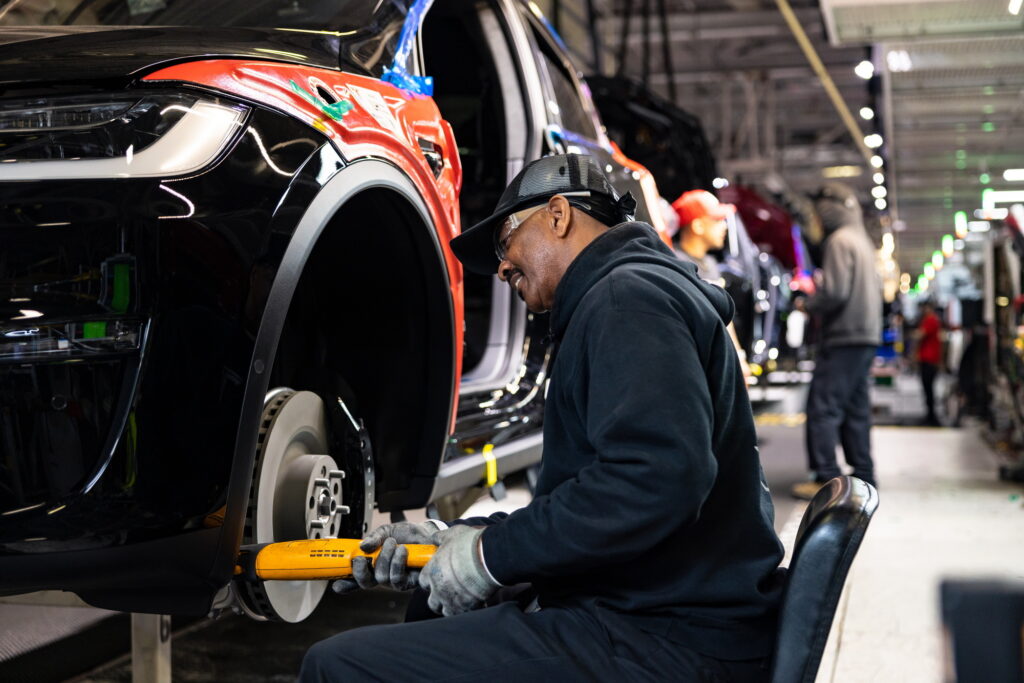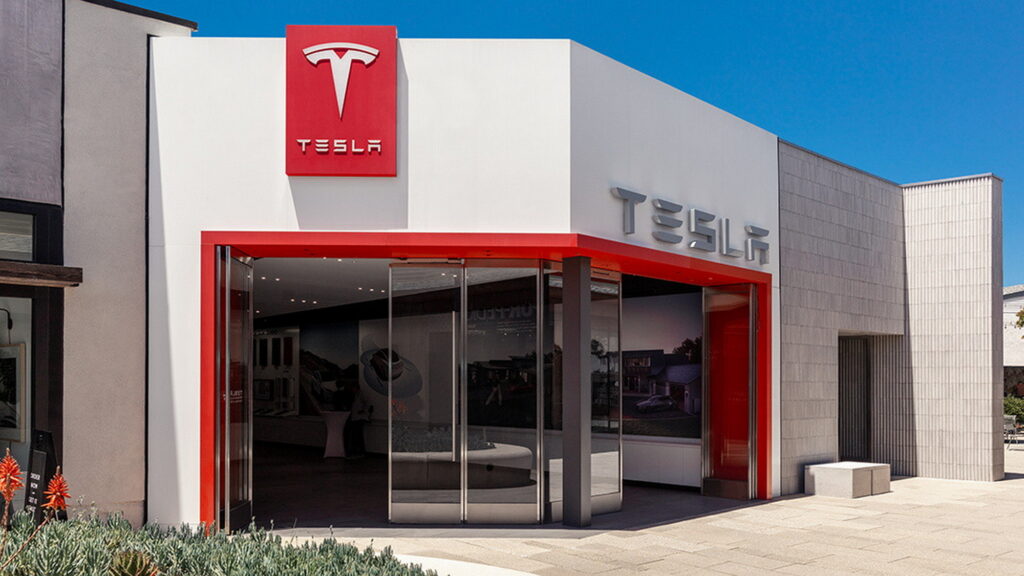Marcus Vaughn, a former assembly line worker at Tesla’s Fremont, California, plant, will move to turn his 2017 lawsuit against Tesla into a class action case. In a court filing, his request was supported by sworn statements from nearly 240 other Black former employees.
In his lawsuit, Vaughn described the production floor at Tesla’s plant as a “hotbed for racist behavior.” This week, he described the move to initiate a class action suit as appropriate to address the “pattern and practice of race discrimination” within Tesla’s plant.
Among the sworn statements by the other Black employees and contractors at Tesla’s Fremont plant were allegations of racist graffiti in common areas, as well as the use of slurs, such as the “n-word,” “boy,” and “monkey.”
Read: Tesla Is A “Hotbed For Racist Behavior,” Claims African-American Worker’s Suit

Tesla has not responded to our request for comment about Vaughn’s attempt to gain class action status for his case, but when the former employee’s suit was first launched, the company replied with a blog post titled “Hotbed of Misinformation,” reports Bloomberg. In it, it denied wrongdoing and claimed to have fired three people after probing the alleged incidents.
However, since 2017, Tesla has become embroiled in numerous discrimination suits, mostly at the company’s Fremont plant. In 2022, 15 Black employees sued the company, alleging that they were harassed with the use of the “n-word,” as well as references to slavery and plantations.
Moreover, the employees alleged that they were subject to racist abuse from managers and human resources employees. They also claimed that they were passed over for promotions, assigned to the most physically demanding posts, and that the company’s “standard operating procedures include blatant, open and unmitigated race discrimination.” The company was even sued by the state of California for its practices.
So far, the biggest consequence of these allegations has come from a case brought by former worker Owen Diaz. In April, he was awarded $3.2 million over similar treatment.
If this case is awarded class action status, the stakes will be much larger for Tesla. Companies tend to try to block lawsuits from gaining class-action status because it helps plaintiffs pool resources to establish a stronger legal position. According to Vaughn’s lawyers, as many as 6,000 Black workers could be eligible to join this proposed class action.





